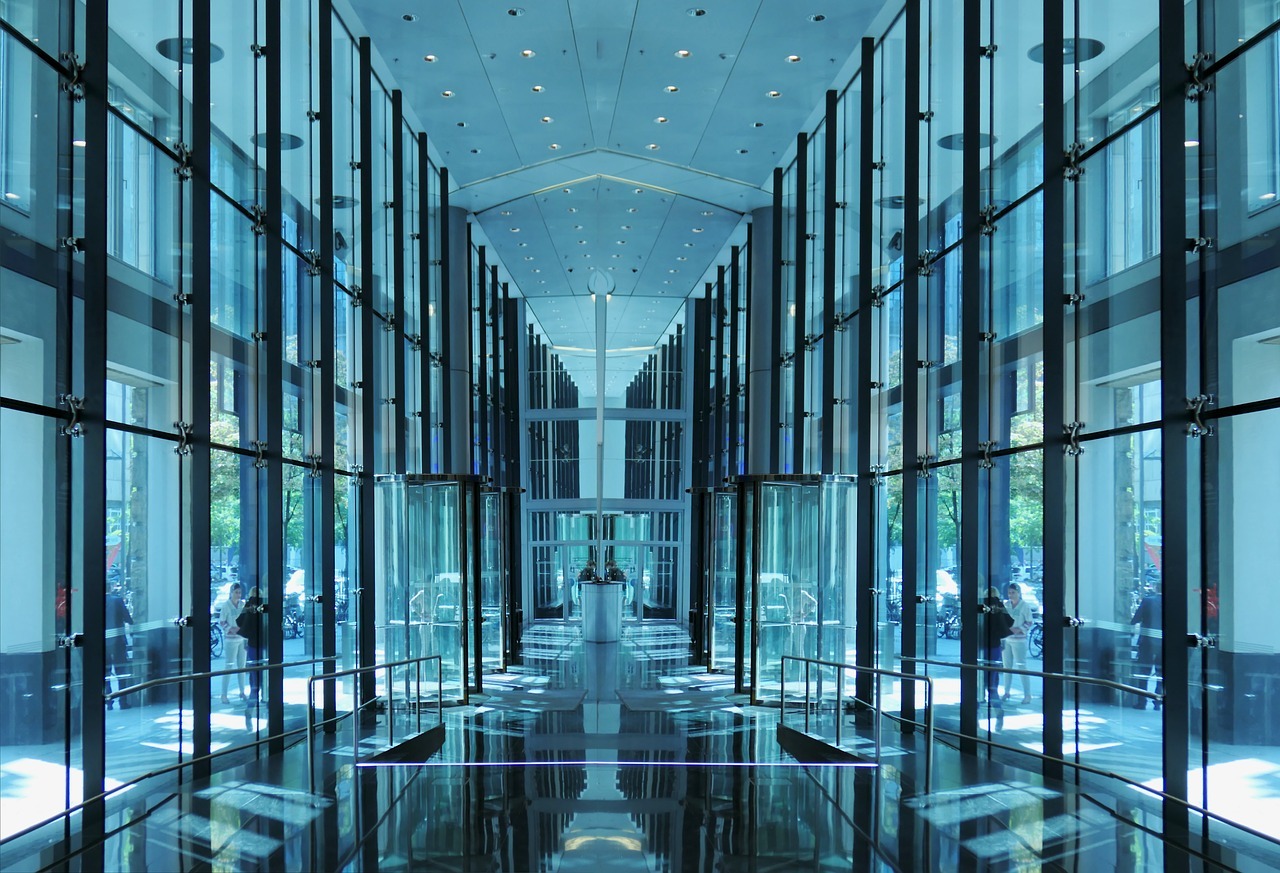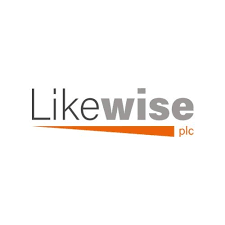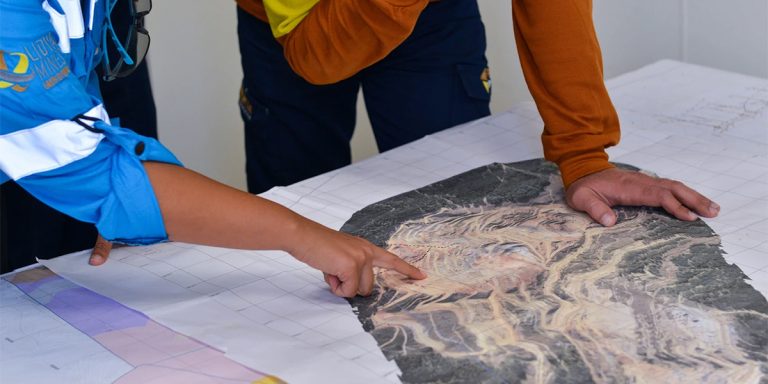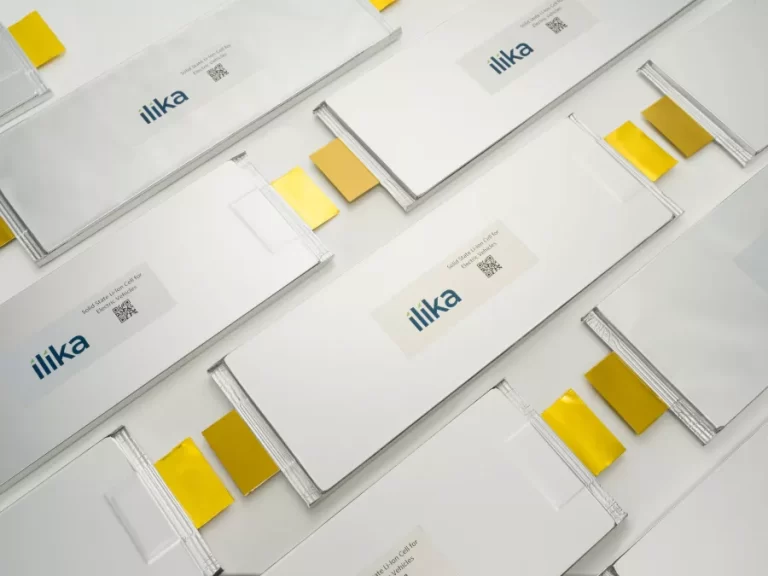Yew Grove REIT plc (LON:YEW) Chief Executive Officer Jonathan Laredo caught up with DirectorsTalk for an exclusive interview to discuss their business model, the robust rental roll, strong financial position, COVID-19 and how they are supporting local charities during the pandemic.
Q1: A positive trading statement out today, can you briefly remind us of your business model?
A1: The business model really has three legs.
We invest in offices and industrial businesses that are attracted to are suitable for larger corporates, particularly multinationals and governments. Those buildings are situated outside the centre of Dublin. We invest in buildings to improve their efficiency and environmental footprints and make them better places to work and we try to work proactively with our tenants to help keep in situ so that either means expanding the buildings by helping them fund new construction or meeting specific needs that they or the staff want to help keep them in place.
So, a very simply strategy.
Q2: Can you just explain for us why your rental collection is so robust?
A2: I think this is largely a function of our tenants who make up our rent roll, the COVID-19 pandemic has hit all businesses across the world but not all businesses have been hit equally.
So, any business which is exposed to footfall, so a retail business other than food, hospitality, travel, entertainment, that kind of business is hard hit because people are by and large in sort some of lockdown now. Those businesses, the smaller and medium sized businesses, who generally have weaker balance sheet or more dependence and reliance on day to day cash flow have also been badly affected.
When you look at our rent roll, 95.3% of our rent roll is made up of either government tenants or of large multinationals or large companies, it doesn’t mean they’re immune to the COVID-19 pandemic but it does mean that they are more resilient. So, only 4.7% of our rent roll are SME’s and our exposure to retail is particularly small, 3% of our rent roll is in retail and nearly half of that is in either food retail or government tenants.
So, the resilience is a function of who we have as tenants and the types of buildings that we own.
Q3: You’re in a strong financial position, can you just talk us through that?
A3: We’re in a strong position given the size of the company.
Currently, we have net debt of €32.8 million against a portfolio of €141 million. We have lots of room under our banking covenants which means that it would need to be a calamitous fall in valuer of properties generally which we don’t see happening for our banking facilities to come under any pressure.
If you look at our liquidity, the cash that we have either on hand or is available to us under our facilities is also strong. We have cash on deposits and in hand of €7.5 million and available cash under our bank facility of €8.7 million so a total of €16.2 million. If you contrast that with our annual cost base, excluding interest, our annual cost base is €2.2 million so we have, in very simplistic terms, 4 years of operating costs available to us. Nobody is saying that’s what we’ll need but it puts us in a strong position.
Q4: Just looking at Yew Grove REIT’s dividend policy, can you remind us about that and what that is and if you’re able to maintain that?
A4: Our dividend policy, again, like our business strategy is straightforward.
We aim to distribute each quarter the net income we’ve generated after making provision for capital expenditure on improving buildings, in other words capital expenditure that we won’t recover from tenants.
That means that while our rent roll is in excess of our costs, which it currently is substantially because we’re receiving substantially all of our rent roll, we will keep distributing income by way of dividends to our investors.
So, yesterday’s statement was about the first quarter dividend. We delayed the statement to after the end of the first quarter so we could be sure we collected the income, which we did, and we fully expect to declare second, third and fourth quarter dividends this year. Clearly, no one has a crystal ball to see how the market will develop but given that we have a current rent roll of just under €10.6 million and a cost base of €2.2 million, I’m sure we’ll be paying dividends in the second, third and fourth quarter this year and again, that will be on net income each quarter.
Q5: The effects of Covid-19 are still in early stages but your outlook appears healthy, can you explain why that is?
A5: As we can see, COVID-19 really affects people, it does have a horrendous affect on the health of particularly those people with illness who are older, and it is very contagious. The effects of government efforts to control the disease, effectively their lockdowns, means that COVID-19 has a very marked economic affect which we’re all going to see. However, when you look at the affect of the disease, certain sectors of the economy are going to be more resilient that others.
So, if I look at industrial buildings, those businesses that are involved in medical technology, in pharmaceuticals, in healthcare and in the supply chains for those businesses, one would expect those businesses to carry on operating subject to being able to get their staff and their staff working safely. Most of our industrial buildings are in those sectors.
The office space is slightly different, in offices at the moment, most offices, are empty or substantially empty and you have businesses working from home but again, the virus affects different businesses differently and most of our office businesses are also in resilient sectors, not all but most.
One of the other things that has happened as an effect of this outbreak is it’s making people think more about the types of offices they need and would like to be in. In our view, and it’s still early, this is likely to throw into relief the use of shared offices for people because it’s much more difficult to control your own workspace and therefore make your own space more important.
Whilst working from home is a useful thing for businesses to have while people are held in lockdown, I think it has also thrown up the attractiveness of an office location because most people don’t have access to sufficient room or the logistics at home to work effectively.
So, we think that our resilience to COVID-19 is a function of the types of businesses that our tenants are in and the fact that our portfolio is principally in offices and industrial buildings rather than theatres or gyms or other things like that.
Q6: Finally, in what ways is the team actively supporting the local communities and charities?
A6: Clearly, as a business we had engaged with a variety of education establishments, at the beginning of this year and the end of last year, to try and help those institutes of technology fund courses. However, as the effects of this crisis became clear, what we were alerted to was that it’s quite clear that there are going to be large numbers of people who are made redundant, whether that’s temporary or permanent, it’s not as good thing for those people, it creates hardship. We also see that homelessness becomes a real issue when most people are sheltering at home.
In discussions with the staff, it was clear that our business was doing well, or relatively speaking doing well, and we thought we had a responsibility to do what we could to help so we talked amongst ourselves and there are 2 Irish charities specifically working with the homelessness and the disadvantaged. They are the Peter McVerry Trust which are a housing and homeless charity and St Vincent De Paul charity which is a charity that works to alleviate hardship across Ireland and the UK and that’s a charity that individuals in Yew Grove REIT were already involved with indirectly via family members or worked with it themselves.
It’s quite clear to use the charities are being hard hit because often they rely on funding from charity shops, congregation, fundraisers or just collecting money through events and so it seemed to us that it was an essential thing to do.
I’m giving money regularly now for the duration of this crisis to those charities and the Company is also making donations to those charities.











































